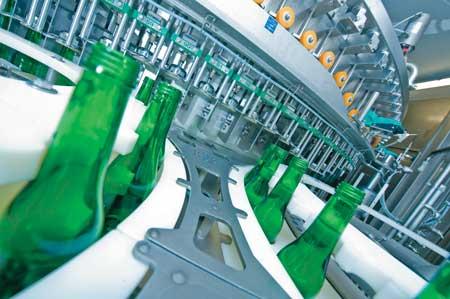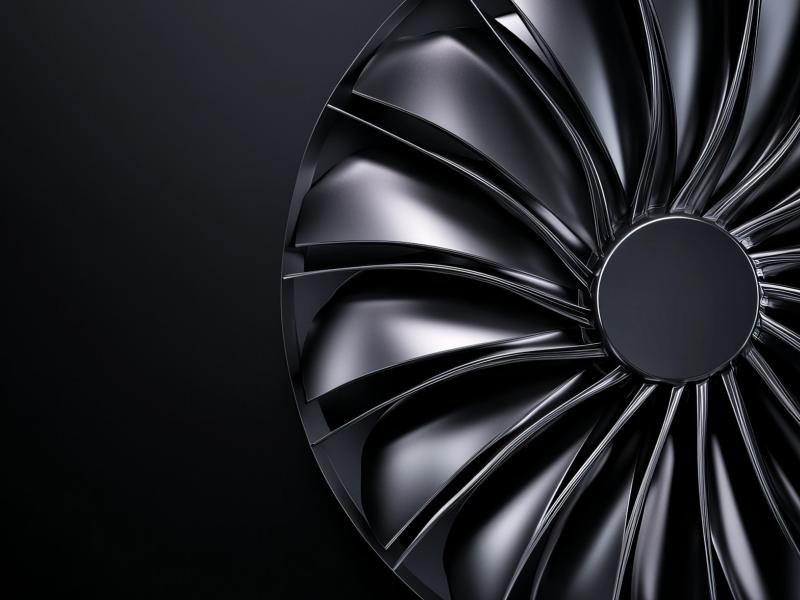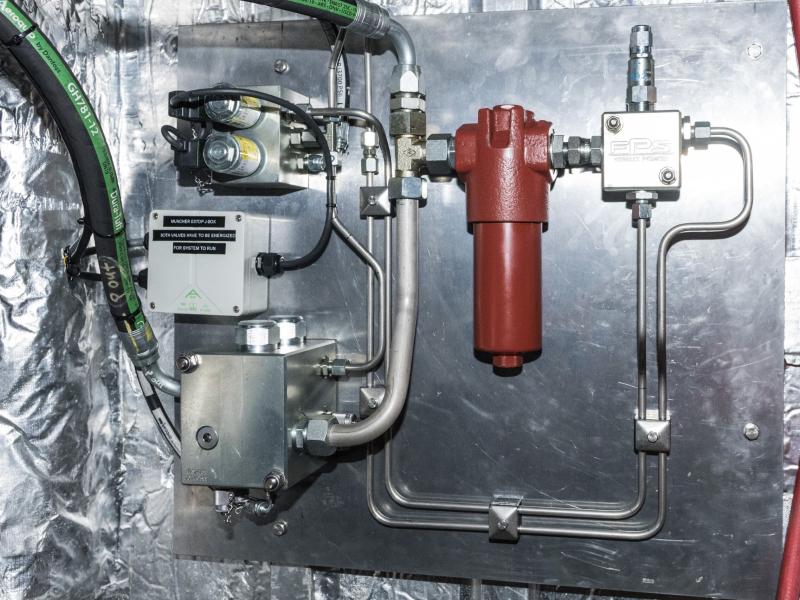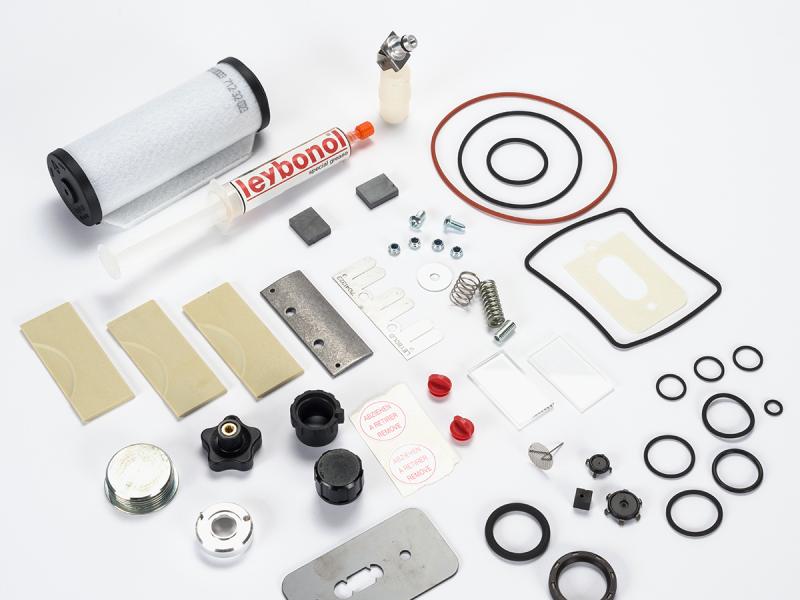Choosing speciality lubricants for compressors and gearboxes offers high potential for reducing operating costs and improving CO2 footprint in the food processing industry. The following article illustrates how synthetic compressor oils can save money in the operation of a brewery.
The production, storage and filling of beer in large quantities requires extremely high amounts of energy, resulting in high operating costs for breweries. Enormous potential for energy savings lies in the operation of refrigeration compressors, air compressors and gearboxes, as their energy footprint can be improved considerably by using state-of-the-art speciality lubricants.
“Reducing energy consumption is an important concern of equipment manufacturers and operators, as energy costs make up a significant part of their total operating costs,” says Manjesh Babu, Market Manager Food Processing Industry at Klüber Lubrication München KG. “However, energy not only incurs costs for the user; energy generation is also one of the main sources of climate-damaging CO2 emissions. Reducing the energy consumption of a brewery is therefore also a marked contribution to environmental protection.”
High potential for energy savings
The brewery example from table 1 (Potential savings in a brewery) with three production lines shows the high potential for energy savings in the operation of compressors and gearboxes. Typically, refrigeration compressor power in operation is 200kW, air compressor power is 300kW and gear power 450kW. After the changeover to state-of-the-art speciality lubricants, efficiency increases between 0.5 and 15 percent can be proven, depending on the type of equipment. The energy savings can add up to 224,400kWh, which is equivalent to more than 20,000 per year, taking 9.4 cents per kWh as a basis. Changeover to appropriate speciality lubricants is easy and pays off after a short while.
The energy consumption of compressors constitutes a sizeable proportion of operating costs. By reducing friction and offering better gap sealing, a synthetic compressor oil based on a suitable formulation can contribute both to a higher volumetric efficiency and a reduction of energy consumption. Less than one percent of the operating costs of a compressor are attributable to the compressor oil purchase. While synthetic compressor oils are more expensive to buy than conventional oils, they turn out to be more cost-efficient when considering overall compressor operation costs.
Further factors having a strong impact on the operational reliability of compressors are the lifetime of the compressor oil, its tendency to form residues, relubrication intervals and the oil vapour in the air. Compared with conventional mineral oils, high-quality synthetic compressor oils offered by Klüber Lubrication are characterised by a high resistance to oxidation. Klüber Summit FG series compressor oils are based on synthetic hydrocarbon oils. They are highly resistant to oxidation, leading to a clear reduction of residues. Besides longer oil change intervals, this allows longer filter and oil separator lifetimes, enabling in turn a reduction of maintenance and operating costs.
The operation of refrigeration compressors also benefits from the use of high-performance products. Klüber Summit R series synthetic refrigeration compressor oils, for example, enable refrigerators to operate with high efficiency due to reduced residues and oil carryover. With these oils, refrigerators can be used for a wide range of applications with evaporator temperatures down to -50°C.
Both Klüber Summit FG oils and Klüber Summit R oils are registered as NSF H1 and certified according to ISO 21469, making them the obvious choices for use in the food and pharmaceutical industries.
Gear oils for the food industry
Synthetic gear oils made by Klüber Lubrication also contribute to high process reliability and reduced energy consumption and are likewise registered as NSF H1 and certified according to ISO 21469 and hence permitted for use in the food and pharmaceutical industries. As their synthetic base oils are extremely resistant to ageing and oxidation, these lubricants offer a much longer service life and can increase gear efficiency considerably. Their good viscosity-temperature behaviour means that in many applications a single viscosity grade can be used for both high and low temperature applications.
Klüberoil 4 UH1…N oils are gear oils for normal temperature use and normal loads that even enable lifetime lubrication in certain applications. For high temperatures and high loads, the use of Klübersynth UH1 6 oils is preferred as the optimised friction behaviour of the polyglycol base oil reduces power loss and clearly improves gear efficiency. Klüber Lubrication also offers a fluid grease, Klübersynth UH1 14-1600, enabling a good supply of lubricant to the friction point due to the soft consistency. The special thickener provides good adhesion and corrosion protection, thus enabling longer component life.
For a lower CO2 footprint
The positive effects are not limited to savings in operating costs alone. If energy consumption is reduced, the carbon footprint of a brewery improves. Approximately 447kg of carbon dioxide is emitted in Europe on average per megawatt hour, depending on the regional energy mix of fossil fuels, nuclear energy and renewable energies. If the brewery described above saves 224,400kWh, its carbon footprint improves by more than 100 tons of carbon dioxide per year.
Article submitted by Klüber Lubrication München KG
Email: kluber.mel@au.klueber.com






